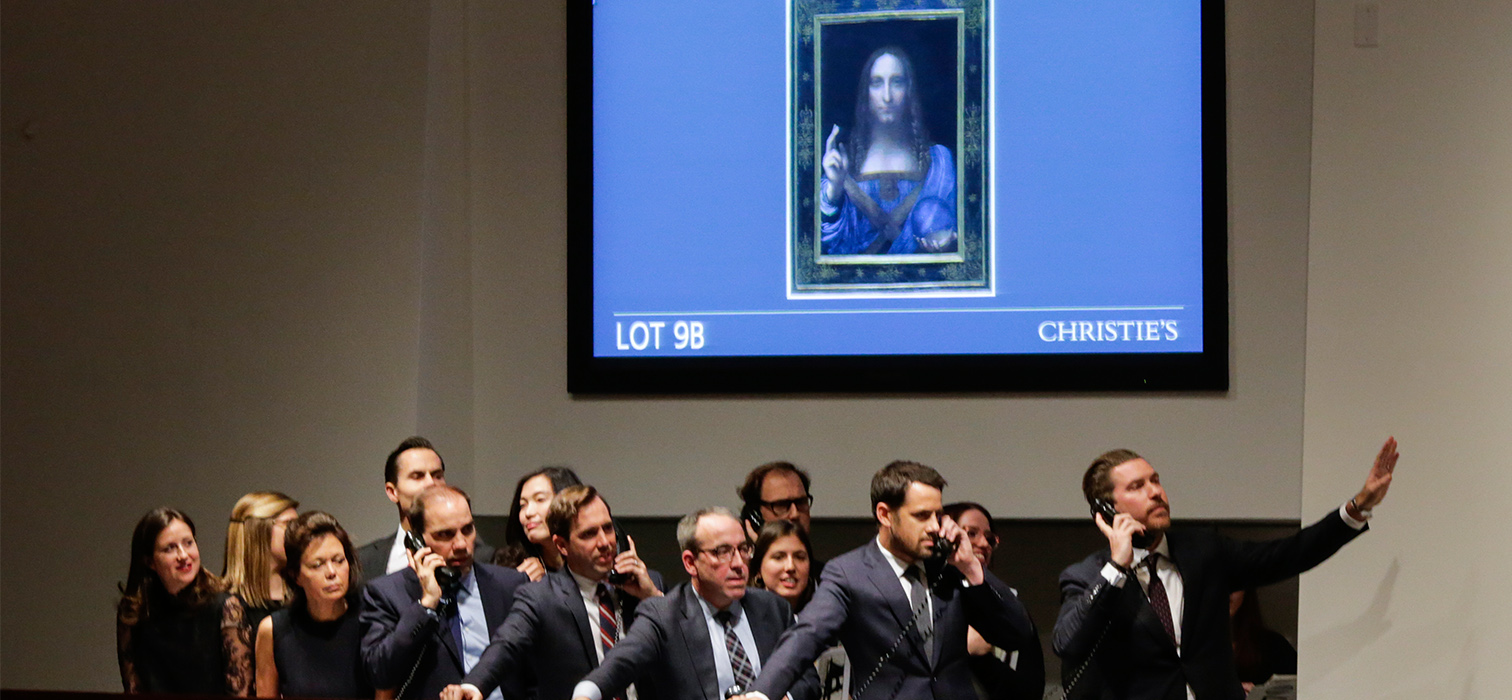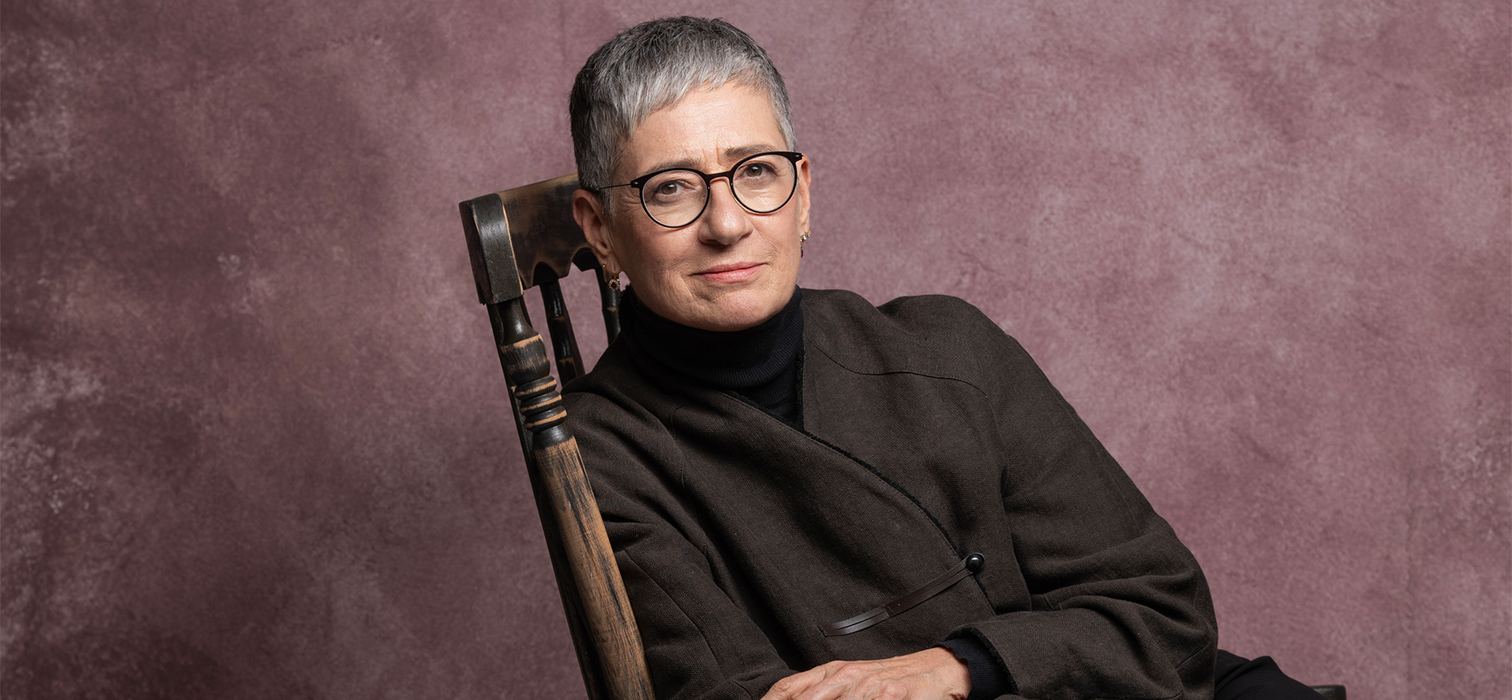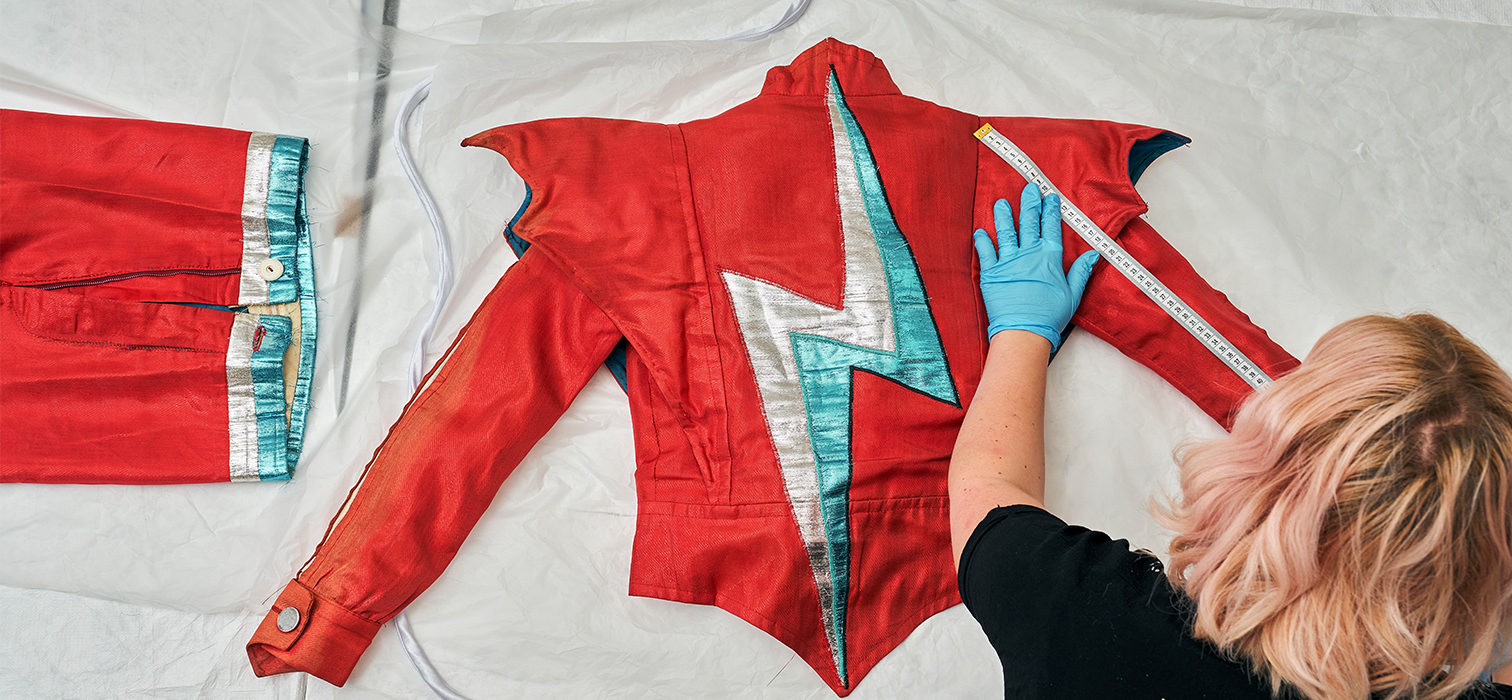2024 Was All About Women Writers in Literature

This year has been a landmark for women writers, with the Nobel, Pulitzer, Booker, and PEN/Faulkner awards all honoring their groundbreaking contributions.
It’s no surprise that women writers have dominated the world’s most prestigious literary prizes in 2024. They are not merely making their presence known—they are reshaping the literary landscape with their powerful voices, defiant words, and bold political discourse. These writers are shattering conventions, challenging norms, and speaking truths that demand to be heard, all while capturing the hearts and minds of readers worldwide.
Nobel Prize in Literature: Han Kang

The Nobel Prize in Literature has long been revered yet critiqued for its Eurocentric focus and male-dominated history—only 18 women have won among 119 recipients. This year, however, South Korean writer Han Kang claimed the honor, breaking barriers and exemplifying the shift toward a more inclusive recognition of global talent.
Some may see it as a strategic move by the Nobel Committee, but Han Kang’s win is unquestionably deserved. At 53, Han has earned her place in history through her literary brilliance, innovation, and fearless confrontation of taboos. She is the first Asian woman and only the second Korean writer to receive this prestigious honor.


After earning a degree in Korean Language and Literature from Yonsei University, one of South Korea’s top institutions, Han Kang began her literary journey in the 1990s with poetry and short stories. Her first novel, A Love of Yeosu, debuted in 1995, launching a career adorned with accolades like the Korean Fiction Prize, Yi Sang Literature Prize, Dong-in Literature Prize, and Ho-Am Art Prize. These achievements paved the way for her international impact.
Han’s 2016 novel The Vegetarian, winner of the International Booker Prize, remains her most recognized work globally. The book explores the life of Yeong-hye, whose decision to stop eating meat disrupts the social norms of middle-class Seoul, earning acclaim for its daring and evocative narrative. Her most recent novel, I’m Not Saying Goodbye, won both the Prix Médicis and Prix Femina. This powerful story examines dark chapters of South Korean history through the lives of three women, further cementing Han Kang as a transformative voice in global literature.
The Royal Swedish Academy of Sciences celebrated Han Kang’s profound artistry when awarding her the Nobel Prize in Literature. They praised her for “confronting historical traumas and invisible rules” while illuminating “the fragility of human life.” With her poetic, experimental style and profound understanding of the body-soul connection and the interplay between the living and the dead, Kang has emerged as a trailblazer in modern prose.
Booker Prize: Samantha Harvey

This year’s Booker Prize, one of the most prestigious awards for English-language literature, went to British author Samantha Harvey for Orbital. The 2024 shortlist, featuring five women and just one man, marks a historic moment for the prize, which has recognized exceptional writing since 1969.
Born in 1975, Harvey studied philosophy at the Universities of York and Sheffield, later earning a PhD in creative writing. She now teaches at Bath Spa University and has authored five books, including Wilderness (2009), All is Song (2012), Dear Thief (2015), and The Western Wind (2018). Harvey’s deeply personal essay collection, The Shapeless Unease: A Year of Not Sleeping, further showcases her range. With Orbital, she solidifies her place among contemporary literature’s finest voices.


The Booker jury hailed Orbital by Samantha Harvey as “a love letter to our planet,” capturing the lives of six astronauts orbiting Earth, “exhausted by deprivation, loneliness, and a sense of duty,” yet mesmerized by the planet’s splendor. Harvey, often compared to Virginia Woolf for her lyrical prose, lives in a 16th-century cottage in the English countryside, far removed from modern technology like cell phones. Speaking about Orbital, she shared: “I wanted to celebrate the beauty of the Earth, but with a sense of grief or loss for what we’ve done to it.” For those intrigued, her works will soon be available in Turkish translations.
Hugo Award: Emily Tesh

This year’s Hugo Awards, the pinnacle of fantasy and science fiction accolades, were dominated by women in nearly every category. Emily Tesh claimed the Best Novel award for her debut, Some Desperate Glory. Born and raised in London, Tesh now teaches Latin and Ancient Greek to schoolchildren in Hertfordshire, where she resides.
Other notable winners include T. Kingfisher (Thornhedge, Best Novella), Naomi Kritzer (The Year Without Sunshine, Best Short Novella, and Better Living Through Algorithms, Best Short Story), and Ann Leckie (Imperial Radch, Best Series). Together, these women are reshaping the landscape of speculative fiction with their groundbreaking narratives.
Pulitzer Prize: Jayne Anne Phillips

The Pulitzer Prize, regarded as America’s most prestigious award, has been honoring achievements in journalism, literature, and music since 1917. This year, the Best Fiction category was awarded to Jayne Anne Phillips for her novel Night Watch. Set in the aftermath of the Civil War at the Trans-Allegheny Lunatic Asylum in West Virginia, the story follows a gravely injured Union soldier, a 12-year-old girl, and her mother, a long-time victim of abuse by a Confederate soldier, as they struggle to heal from their physical and emotional wounds.


Phillips, born and raised in the small town of Buckhannon, West Virginia, graduated from West Virginia University before earning her MFA at the University of Iowa. She has taught at esteemed institutions, including Harvard, and currently serves as the founder and director of Rutgers University-Newark’s MFA program in Creative Writing. Her novels, such as Black Tickets, Machine Dreams, Fast Lanes, Shelter, and MotherKind, have been translated into 12 languages, though they remain unpublished in Turkish. Rooted in the history and culture of West Virginia, her works often explore themes of abuse, alcoholism, and resilience.
Neustadt International Prize for Literature: Ananda Devi

Established in 1970, the Neustadt International Prize for Literature is awarded biennially and stands as the first U.S.-based international literary prize. Known as the “American Nobel,” the award honors an author’s entire body of work, regardless of whether they are poets, novelists, or playwrights. Historically, the prize has predominantly gone to male writers, such as Gabriel García Márquez (1972), Octavio Paz (1982), and Max Frisch (1986). This year, however, the prestigious award was claimed by Ananda Devi, a Mauritian author of Indian origin.


Born in 1957 in Trois-Boutiques, Mauritius, Devi writes primarily in French and holds a PhD in Social Anthropology from the School of Oriental and African Studies in London. Her literary journey began with her first collection of short stories, Solstices, in 1977, followed by her debut novel, Rue la Poudrière, in 1989. Devi’s work delves into profound themes like violence, societal hypocrisy, and the complexities of womanhood, often portraying characters caught in the grips of religion, identity, and human cruelty. In 2024, Devi also received the title of Chevalier des Arts et des Lettres from the French Government, further cementing her literary legacy. Despite her international acclaim, her works remain untranslated into Turkish, awaiting discovery by a broader audience. (The 2023 Neustadt International Prize for Literature was awarded to Boubacar Boris Diop).
International Booker Prize: Jenny Erpenbeck

Since its inception in 2005, the International Booker Prize has celebrated authors and translators of works translated into English and published in the UK and Ireland, complementing the original Booker Prize. In 2024, the award went to Jenny Erpenbeck for her novel Kairos and its translator, Michael Hofmann. Kairos, which has also resonated with Turkish readers thanks to its Turkish translation, delves into the tumultuous love story of Katharina and Hans. Set in East Berlin during one of Europe’s most dramatic historical periods, the novel captures the unraveling of a toxic relationship as the bipolar world hurtles toward its transformative end.


Born in East Berlin in 1967, Erpenbeck still resides in her hometown. She studied theater at Humboldt University and music theater directing at the Hanns Eisler School of Music. Her literary debut, The Secret of the Lake (2008), garnered attention, followed by The Evening of All Days (2012) and Gone, Gone, Gone (2015). Her works, translated into over thirty languages, continue to captivate a global audience.
(International Booker Prize 2023: Georgi Gospodinov / Time Shelter – Translated by Angela Rodel)
PEN/Faulkner Award: Claire Jimenez

Since 1981, the PEN/Faulkner Foundation has celebrated the best works of fiction by American citizens, Green Card holders, and permanent residents of the United States. In 2024, the prestigious award was presented to Claire Jimenez, a Puerto Rican writer raised in New York City, for her novel What Happened to Ruthy Ramirez. Jimenez, who holds an MA from Vanderbilt University and a PhD in ethnic studies and digital humanities from the University of Nebraska-Lincoln (graduating in 2022), currently teaches at the University of South Carolina. Reflecting on the origins of her novel, Jimenez shared: “I started writing this story ten years ago, a strange story about a Puerto Rican girl who disappears in Staten Island and the women in her family who can’t stop looking for her. It’s not just about a missing girl, it’s about missing stories.”
(2023 PEN/Faulkner Award: The Book of Goose / Yiyun Li)




